Hi Lawnet. What are prohibited acts in food safety according to Vietnamese law? - Binh An (Kien Giang, Vietnam)

Vietnam: Food safety and 04 things you need to know
1. What is food safety?
According to Clause 1, Article 2 of the Law on Food Safety 2010, food safety means the assurance that food does not cause harm to human health and life.
2. Principles of food safety management in Vietnam
Food safety management is based on the principles specified in Article 3 of the Law on Food Safety 2010, specifically as follows:
- To assure food safety is the responsibility of all food producers and traders.
- Food production and trading are conditional activities; and food producers and traders shall bear responsibility for the safety of food they produce or trade in.
- Food safety management must be based on relevant technical regulations and regulations promulgated by competent state management agencies and applicable standards announced by producers.
- Food safety management must be conducted throughout the course of food production and trading on the basis of food safety risk analysis.
- Food safety management must ensure a clear division of responsibilities and powers and inter-sector coordination.
- Food safety management must meet requirements of socio-economic development.
3. State policies on food safety in Vietnam
According to Article 4 of the Law on Food Safety 2010, the State's policies on food safety are prescribed as follows:
- To elaborate strategies and master plans on food safety assurance, regarding the planning of zones for safe food production according to the food supply chain as a priority key task.
- To use state resources and other resources to invest in scientific research and technological application to serve food safety risk analysis; to build new laboratories and upgrade some existing ones up to regional or international standards; to raise the capacity of existing analysis laboratories; to support investment in building zones producing safe food materials, wholesale markets for farm produce and food, and industrial-scale cattle and poultry slaughterhouses.
- To encourage food producers and traders to renew technologies and expand their production: to produce high-quality and safe food; to fortify food with essential micronutrients: to build their brands and develop their safe food supply systems.
- To establish a legal framework and realize a roadmap for compulsory application of good manufacturing practices (GMP), good agricultural practices (GAP), good hygiene practices (GHP) and hazard analysis and critical control points (HACCP) and other advanced food safety management systems in food production and trading.
- To undertake international cooperation, step up the conclusion of treaties and international agreements on accreditation and mutual recognition in the field of food.
- To promptly commend and reward organizations and individuals that produce or trade in safe foods.
- To encourage and create conditions for domestic societies, associations, organizations and individuals and foreign organizations and individuals to invest or participate in the elaboration of standards, technical regulations and testing of food safety.
- To increase investment in and diversify forms and methods of public information and education to raise public awareness about the consumption of safe food, sense of responsibility and business ethics of food producers and traders towards the community.
4. Prohibited acts in food safety in Vietnam
Prohibited acts in food safety include:
- Using for food processing purposes materials other than those permitted for use in food.
- Using food materials which have passed their shelf life, arc of unclear origin or unsafe for food production and processing.
- Using food additives or food processing aids which have passed their shelf life or are outside the list of those permitted for use or using permitted additives or food processing aids in excess of allowable dosages: using chemicals of unclear origins or banned chemicals in food production or trading.
- Using animals which died of diseases, epidemics or unidentified causes or animal carcasses subject to destruction for food production or trading.
- Producing or trading in:
+ Food breaching regulations on goods labeling;
+ Food unconformable with relevant technical regulations:
+ Degenerated food;
+ Food containing toxic or hazardous substances or contaminated with toxins or contaminants in excess of allowable limits;
+ Food which is contaminated for the reason that their packages or containers are unsafe, broken, torn or deformed in the course of transportation;
+ Meat or meat products which have not yet gone through veterinary inspection or have gone through veterinary inspection but fail to meet requirements;
+ Food banned from production or trading for the purpose of epidemic prevention and combat;
+ Food for which regulation conformity declarations have not yet been registered with competent state agencies in case such food subject to regulation conformity declaration registration;
+ Food which is of unclear origin or has passed its shelf life.
- Using vehicles which can cause food contamination or vehicles which have transported toxic or hazardous substances but not yet been cleaned up for transporting food materials or foods.
- Supplying untruthful or forging food testing results.
- Covering up. falsifying or obliterating scenes or evidence of food safety incidents or committing other acts of intentionally obstructing the detection and remedy of food safety incidents.
- Employing persons infected with contagious diseases in food production or trading.
- Producing or trading in food at establishments without certificates of satisfaction of food safety conditions prescribed by law.
- Advertising food untruthfully or confusingly to consumers.
- Publishing or publicly notifying misleading information on food safety, thus causing public disparagement or damage to food production and trading.
- Using illegally roadbeds, pavements. corridors or common yards, passageways and auxiliary spaces for street food processing, producing or trading.
(Article 5 of Law on Food Safety 2010)
Thanh Rin
 Article table of contents
Article table of contents




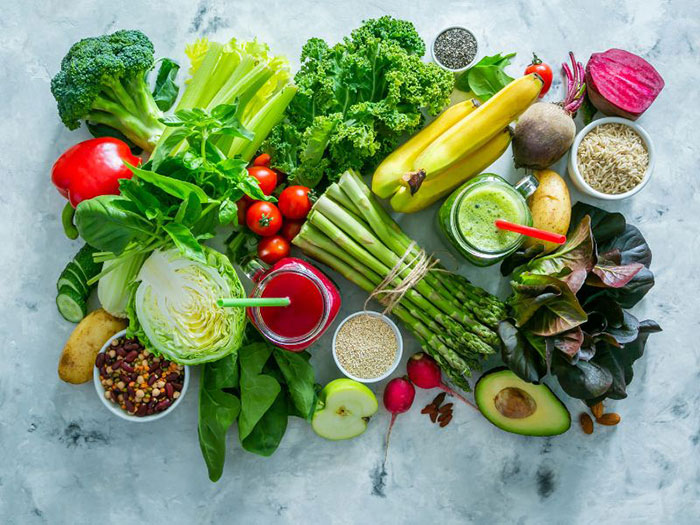
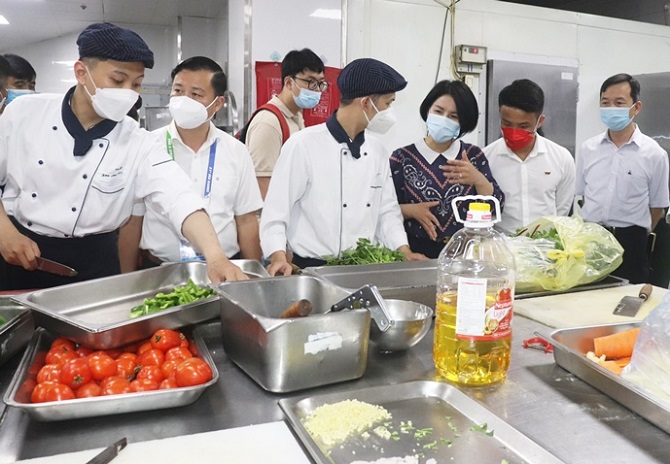
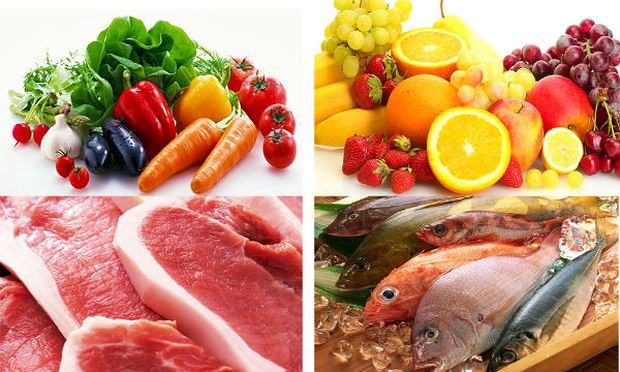
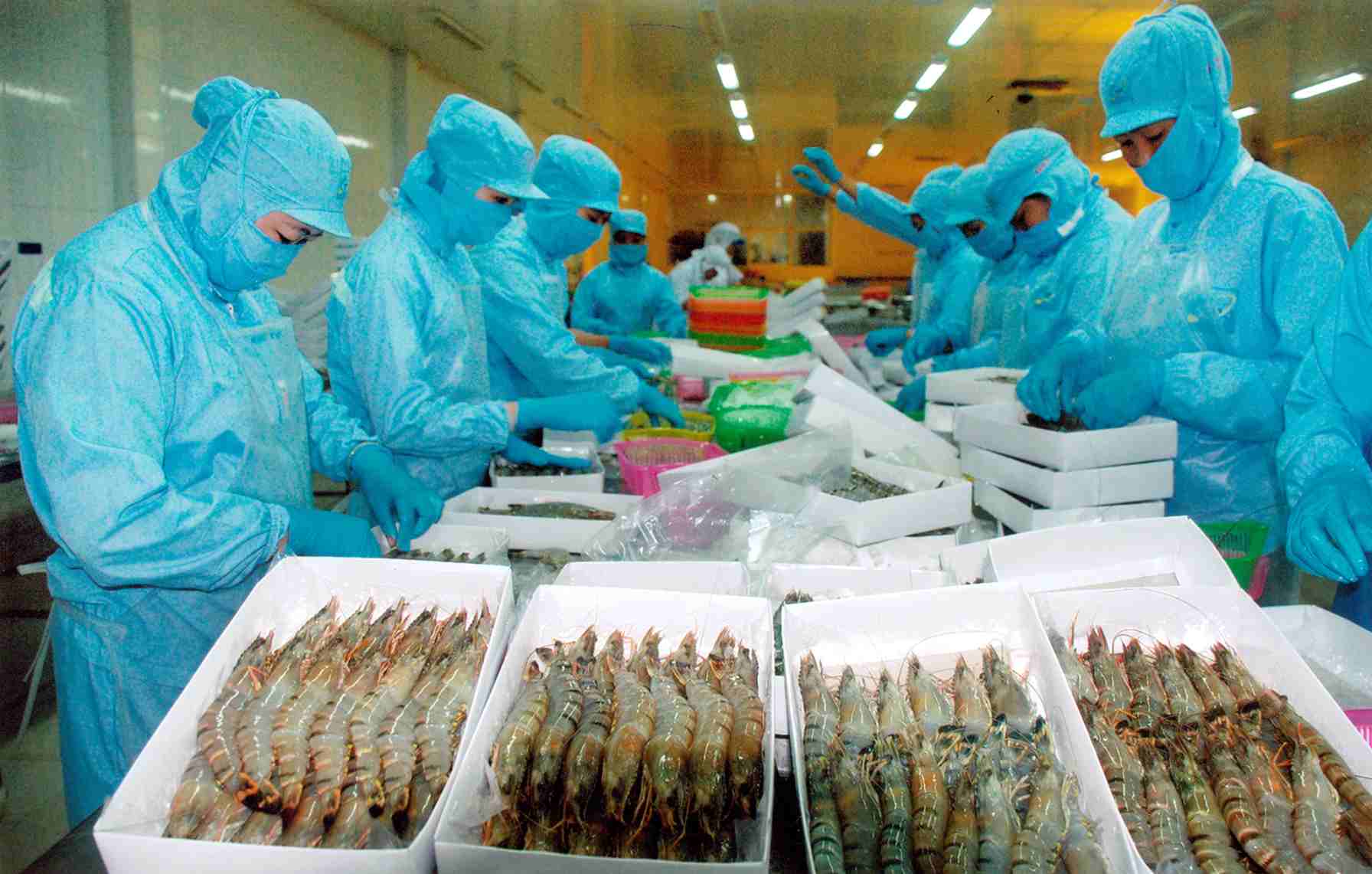
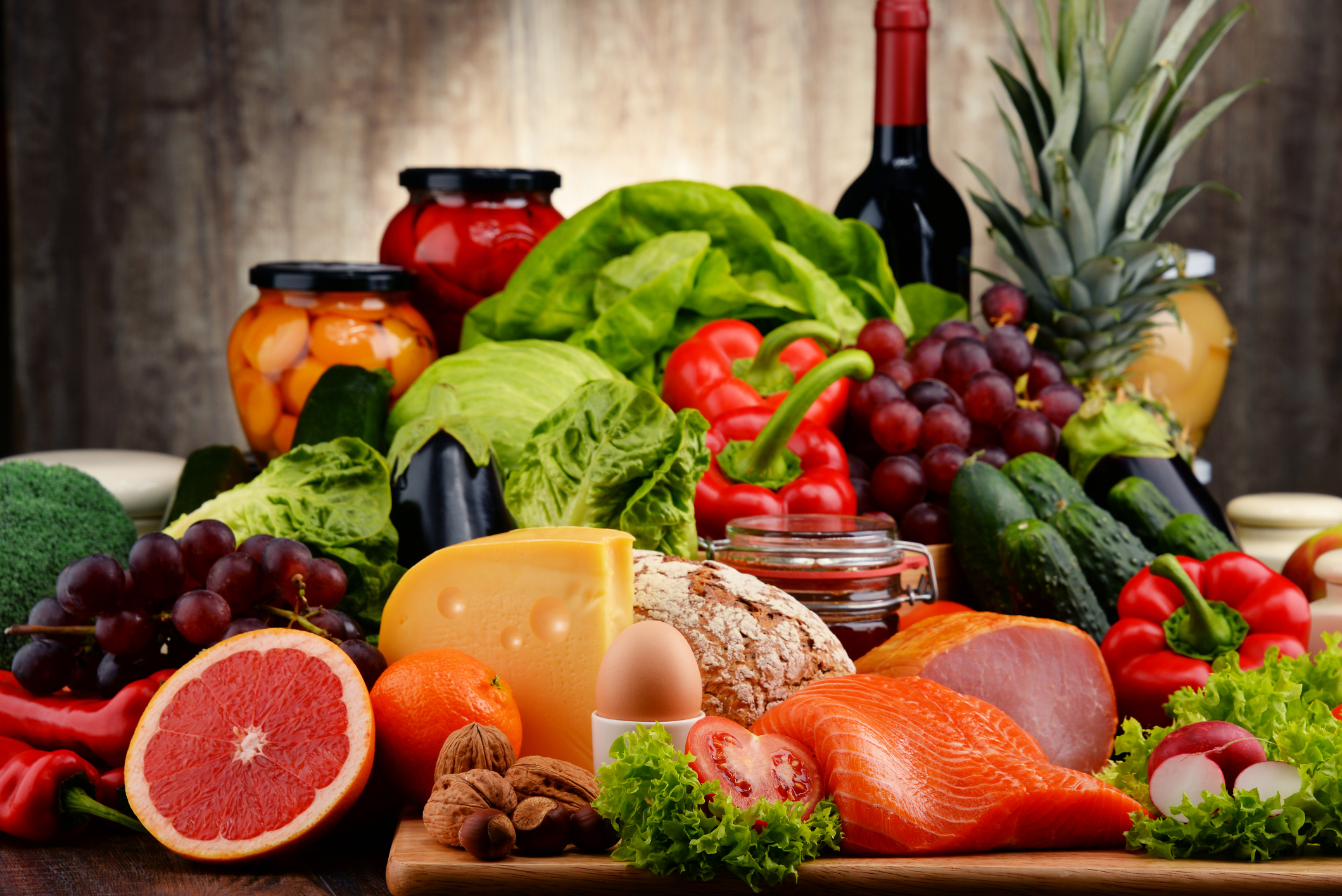

.Medium.png)
.Medium.png)
.Medium.png)
.Medium.png)
